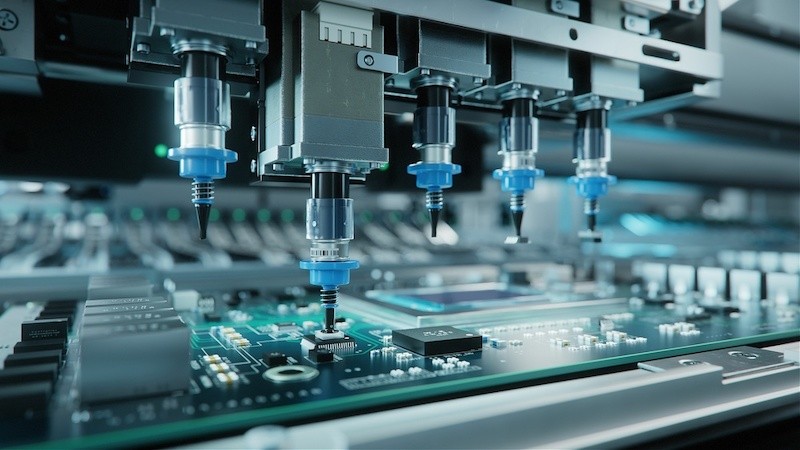The world of turnkey electronics manufacturing is vast and complex. At its core, it involves the seamless integration of various processes to deliver a complete product. One critical aspect of this process is PCB testing. Understanding PCB testing in turnkey electronics manufacturing is essential for both exporters and importers who want to ensure the highest quality in the products they deal with.

What is PCB Testing?
PCB testing refers to the evaluation of printed circuit boards to ensure they meet the necessary standards and specifications. It is a crucial step in the manufacturing process that helps identify and rectify defects before the final product is assembled.
The Importance of PCB Testing in Turnkey Manufacturing
In turnkey electronics manufacturing, PCB testing plays a vital role in maintaining the quality and reliability of electronic devices. By conducting thorough tests, manufacturers can detect issues early on, reducing the risk of product failures and recalls.
Types of PCB Testing
- Functional Testing: Evaluates the overall functionality of the PCB.
- In-Circuit Testing (ICT): Checks the integrity of the solder joints and component placement.
- Automated Optical Inspection (AOI): Uses cameras to inspect the PCB visually.
- Burn-In Testing: Subjects the PCB to extreme conditions to test its durability.
Benefits of PCB Testing in Turnkey Electronics
PCB testing offers several benefits, including improved product quality, reduced manufacturing costs, and increased customer satisfaction. By identifying defects early, manufacturers can prevent costly rework and ensure timely delivery of products.
Challenges in PCB Testing
Despite its importance, PCB testing in turnkey electronics manufacturing comes with its own set of challenges. These include the complexity of modern PCBs, the need for specialized equipment, and the evolving nature of electronic components.
Overcoming Testing Challenges
To overcome these challenges, manufacturers must invest in advanced testing technologies and continuously update their testing protocols. Collaboration with experienced testing partners can also provide valuable insights and expertise.
Integrating DFX in PCB Testing
Design for Excellence (DFX) principles can be integrated into PCB testing to enhance the overall quality of the product. By considering factors like manufacturability, testability, and reliability during the design phase, manufacturers can streamline the testing process and improve efficiency.
For more information on DFX in PCB Testing.
Choosing the Right Testing Method
Selecting the appropriate PCB testing method depends on various factors, including the complexity of the PCB, the intended application, and the specific requirements of the project. Manufacturers should evaluate their needs carefully to choose the most effective testing strategy.
Impact of PCB Testing on Product Lifecycle
Effective PCB testing can significantly impact the product lifecycle by ensuring reliability and longevity. By addressing potential issues early, manufacturers can extend the lifespan of their products and reduce the need for repairs and replacements.
Case Study: Successful PCB Testing Implementation
A leading electronics manufacturer implemented a comprehensive PCB testing process, resulting in a significant reduction in defects and improved customer satisfaction. The integration of advanced testing technologies and a focus on DFX principles contributed to their success.
Future Trends in PCB Testing
The field of PCB testing is continuously evolving, with advancements in technologies like AI and machine learning offering new possibilities. These innovations promise to enhance testing accuracy, reduce costs, and improve overall efficiency.
For more insights, visit Flexible PCB Services.

FAQs
What is the role of PCB testing in electronics manufacturing?
PCB testing ensures that printed circuit boards meet quality standards and function correctly, reducing the risk of product failures.
How does DFX impact PCB testing?
DFX principles help streamline the testing process by considering manufacturability, testability, and reliability during the design phase.
What are the future trends in PCB testing?
Future trends include the use of AI and machine learning to enhance testing accuracy and efficiency.
For more detailed information on PCB testing and turnkey electronics manufacturing, explore Hitek Quality.


